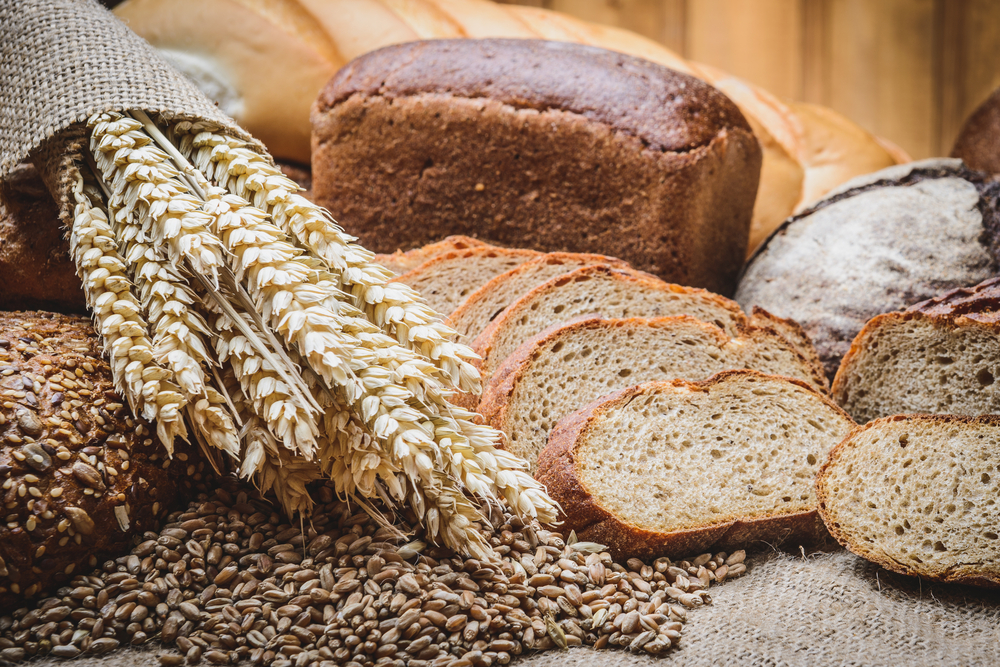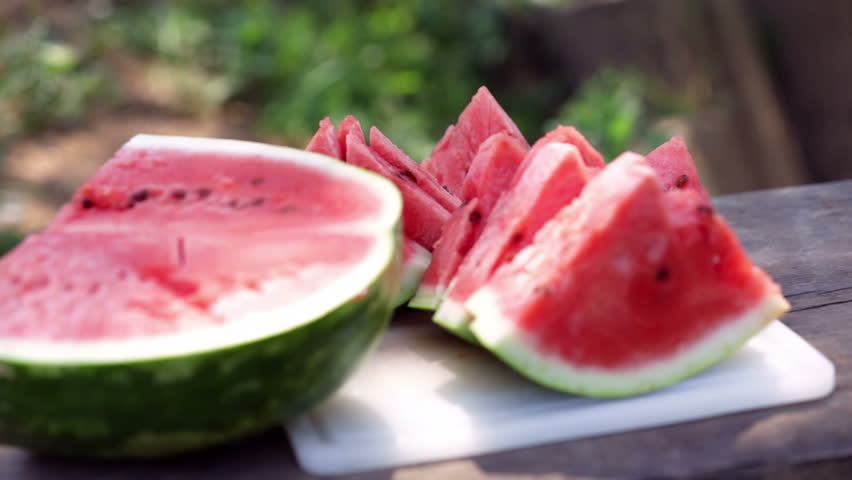Contents:
- Medical Video: Breads: Whole Wheat Vs. Whole Grain White Bread - Diabetes Center for Children at CHOP
- For some people, whole grains can trigger digestive disorders
- What is gluten?
- Then, is white rice really bad for health?
Medical Video: Breads: Whole Wheat Vs. Whole Grain White Bread - Diabetes Center for Children at CHOP
In recent years there has been a growing awareness that white wheat products such as rice are not the best food to consume. Even the latest research states that we should choose whole wheat (whole wheat) only, not white wheat, because it has more nutritional value and more fiber.
Even so, several other studies reveal that whole wheat is not always the best choice. Why so?
For some people, whole grains can trigger digestive disorders
Evolutionary biologist from the University of California, Los Angeles (UCLA), Jared Diamond said that whole wheat is an alias whole wheat not always good for everyone's health. If most white wheat and wheat flour consumption encourages excessive insulin production, fat buildup, and heart disease, it is different with whole wheat.
Because this type of wheat allows to cause inflammation, immune disorders, and digestive system disorders in people who are allergic to gluten or have Celiac disease. All because of a compound called gluten.
What is gluten?
Gluten is a protein found in wheat and wheat products. Gluten can cause inflammation if you have a condition called Celiac disease. In some people, gluten can cause a disruption of absorption, which results in a deficiency of vitamins and minerals.
Gluten is also known to cause increased fatigue, joint pain, depression, migraines, chronic fatigue, learning problems, in some people who are sensitive to this one substance.
You may have wondered why you have been eating wheat products for a long time, but suddenly it is now a problem? Well, it could be that you are eating more gluten. What is not generally known is that a lot of wheat is genetically modified to contain more gluten each harvest season.
So, don't be tempted and immediately believe in gluten-free labels or gluten-free on products sold on the market. Moreover, there are also many fast food outlets that are claimed to be gluten free like cakes gluten-free and bread gluten-free.
Then, is white rice really bad for health?
Life in Asia does not seem to escape from rice at mealtime. All rice in its natural form is basically gluten free. This includes all varieties such as white rice, brown rice, and wild rice aka wild rice. Even glutinous rice is gluten free, although in terms of its name it does not reflect the same thing.
However, rice has a low nutritional value, especially white rice, because it almost loses all minerals and fiber in the refining process. This means that the available energy will be digested and released into the bloodstream quickly. If there is no energy demand or lack of energy, rice will be converted into fat and stored in the body.
White rice is not the healthiest choice, but if you have Celiac disease or are sensitive to gluten, rice can be an option. Of course if there is an option to eat brown rice, always make sure to take brown rice instead of white rice. Some alternatives to wheat and other healthier choices of carbohydrates are quinoa and sweet potatoes.












